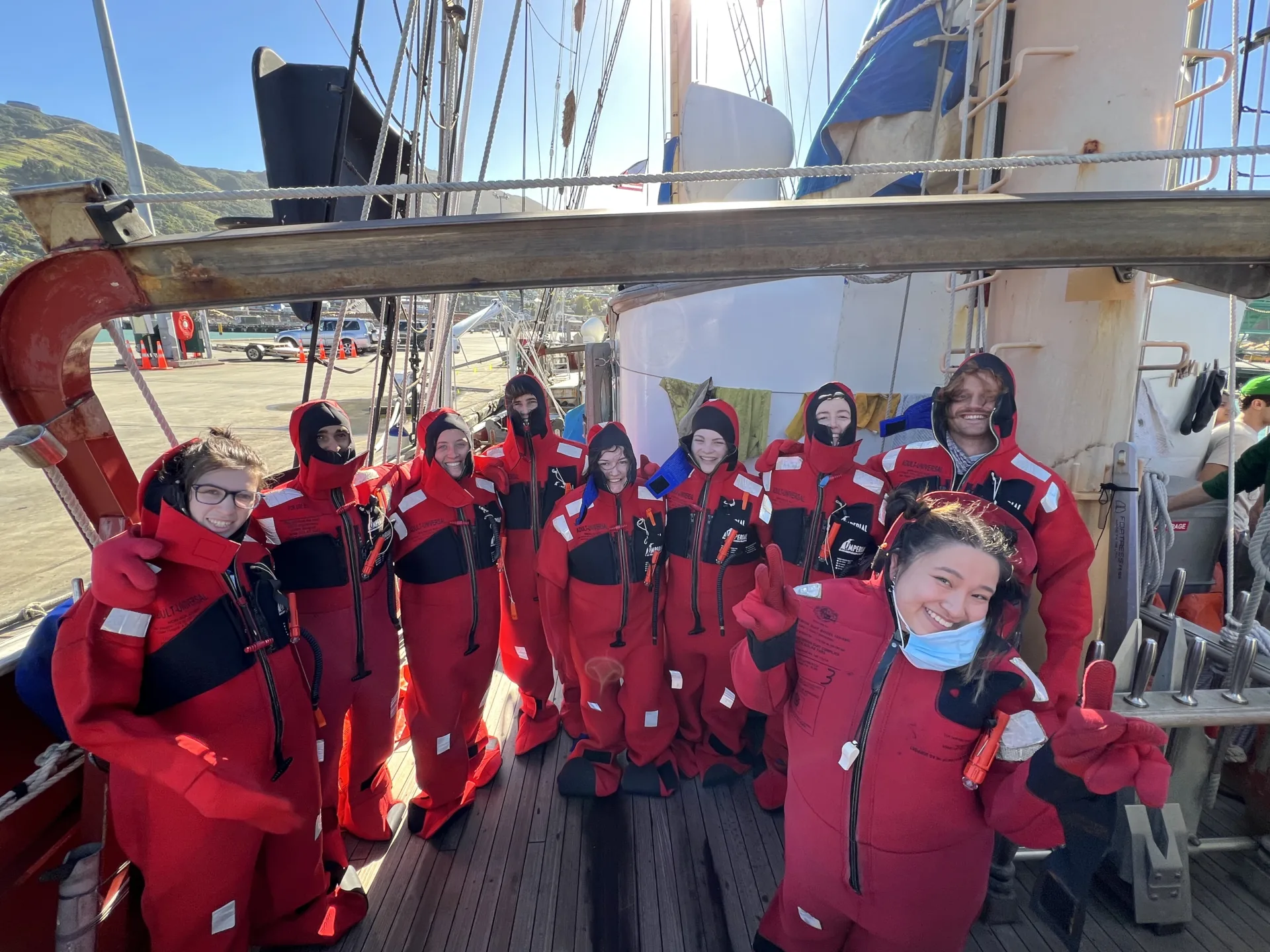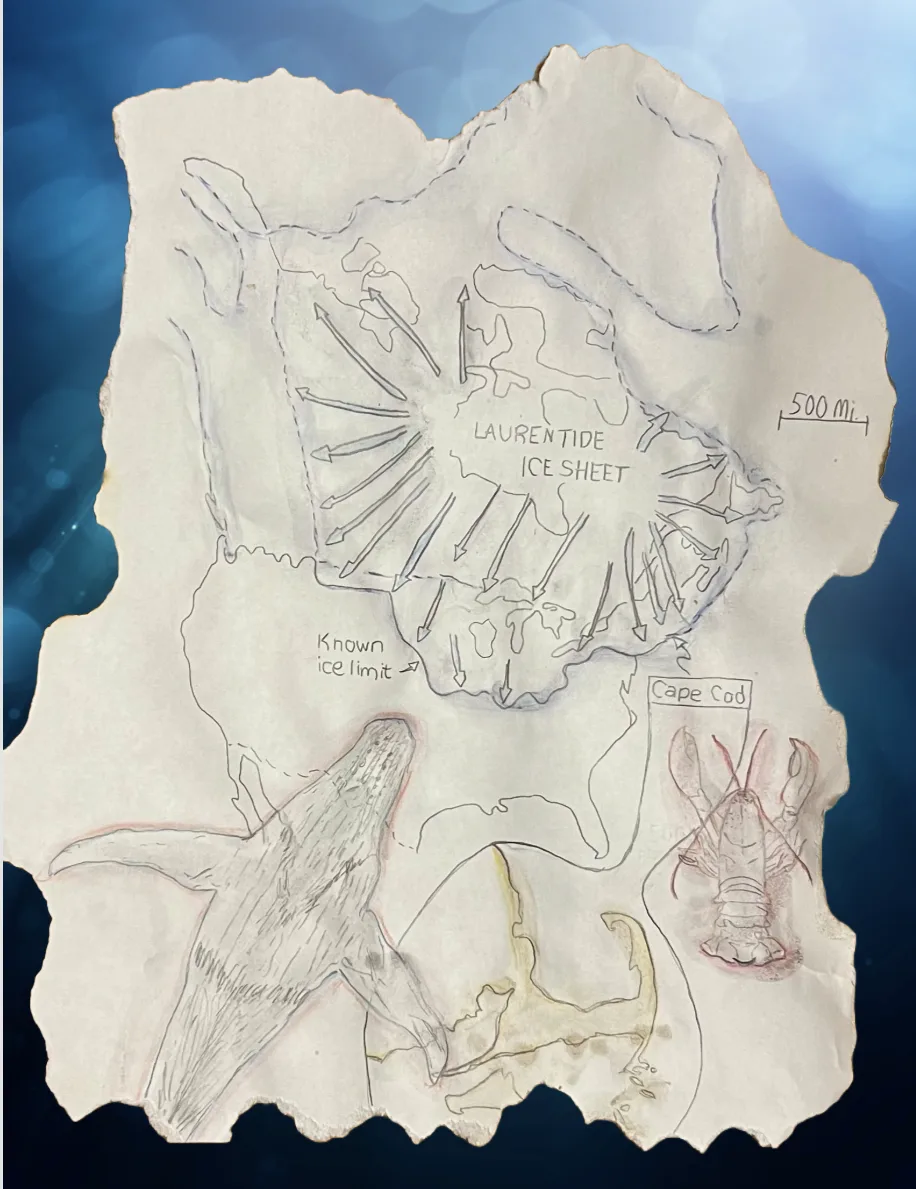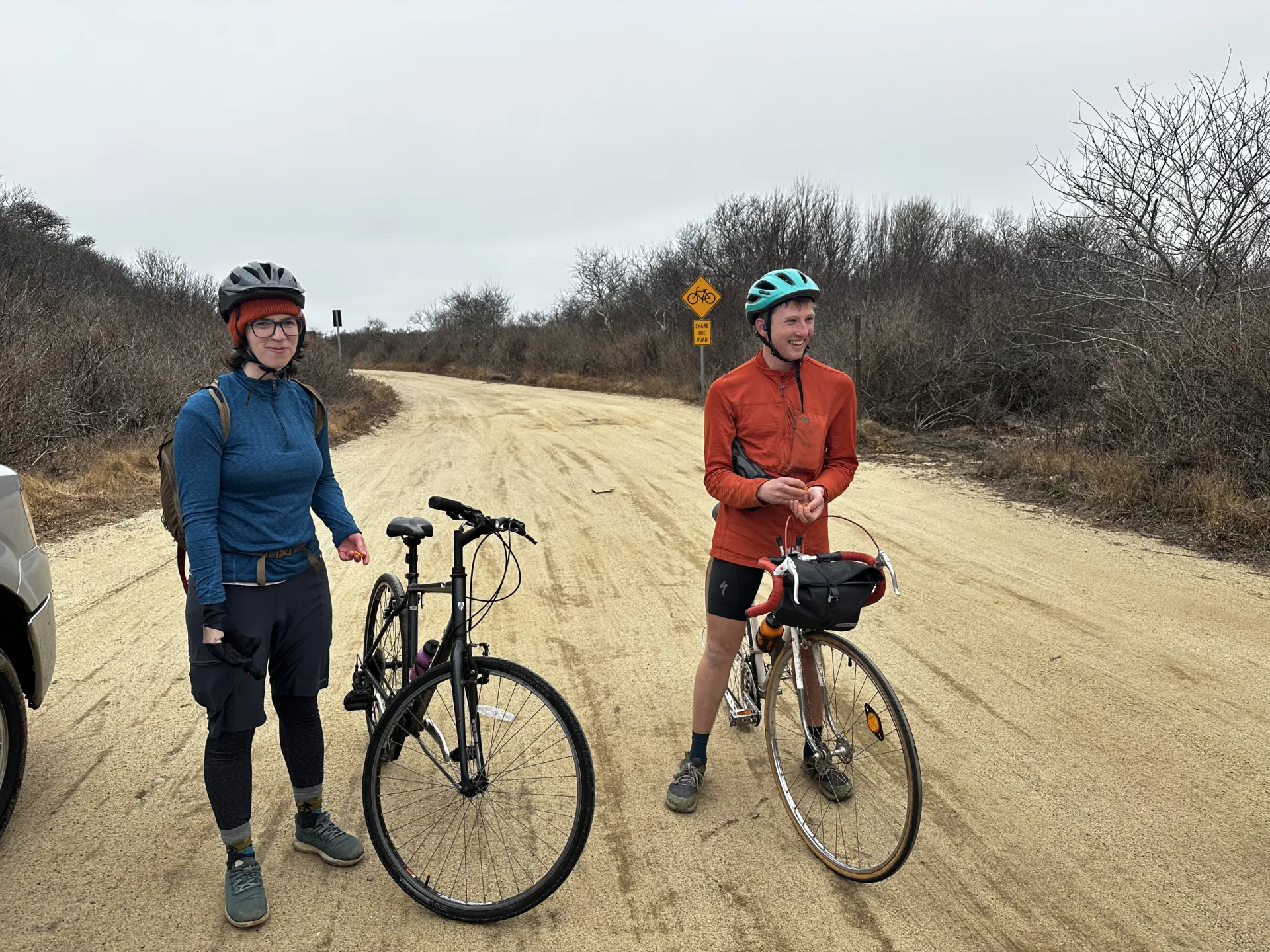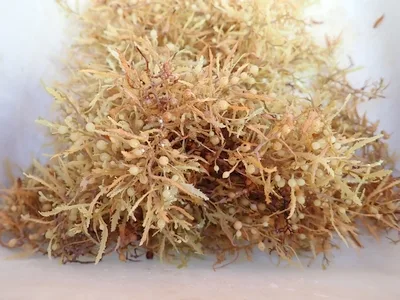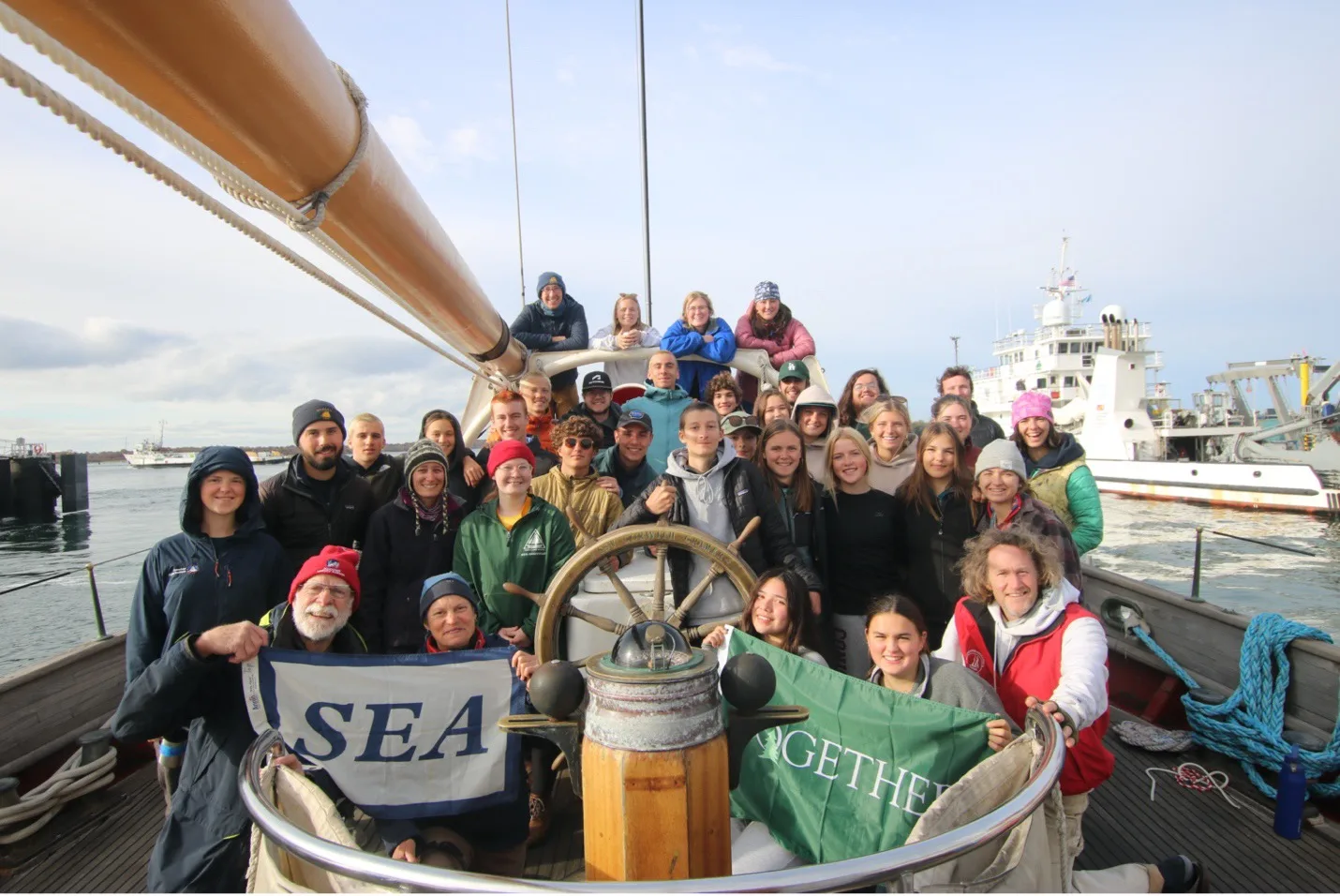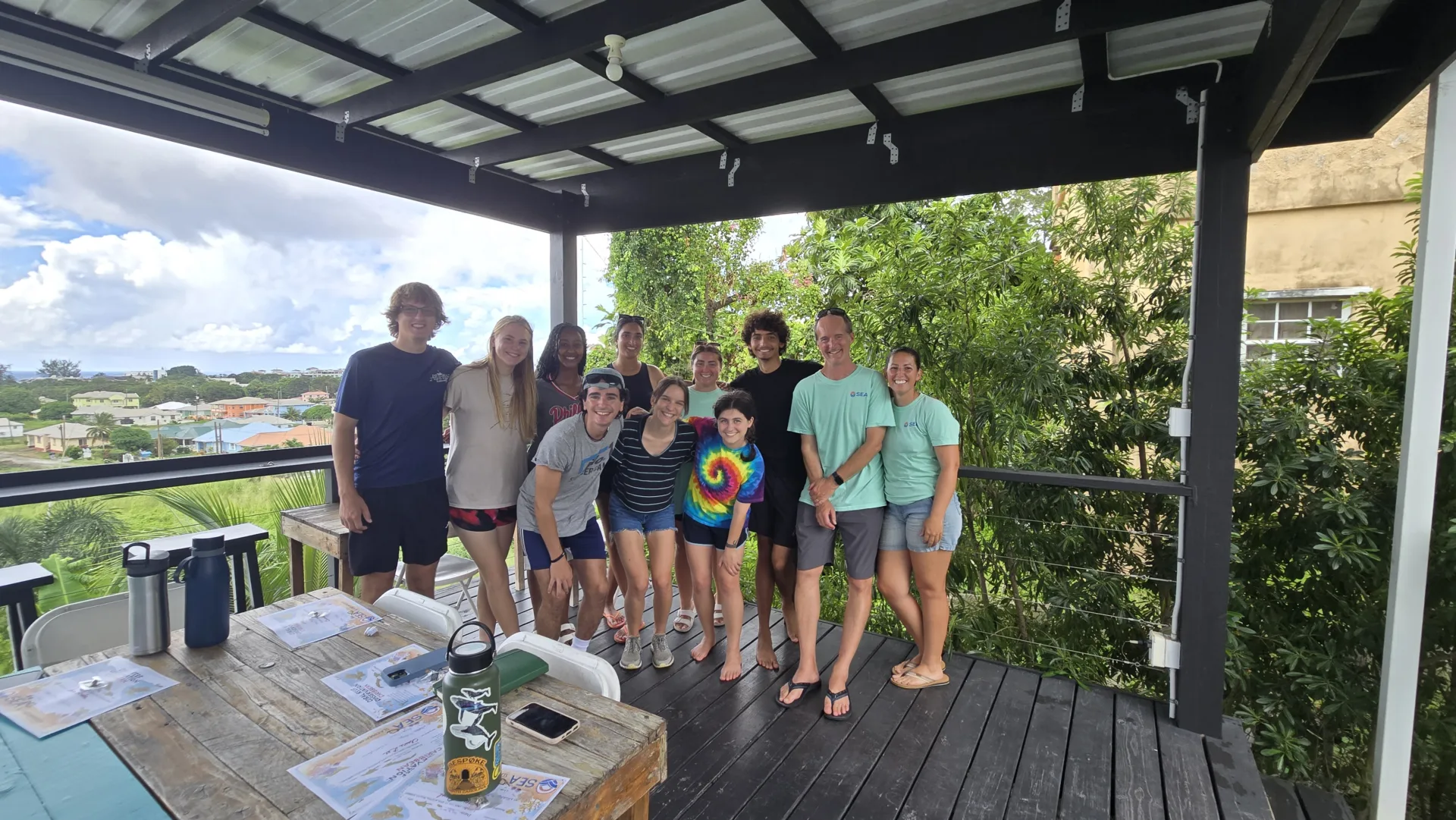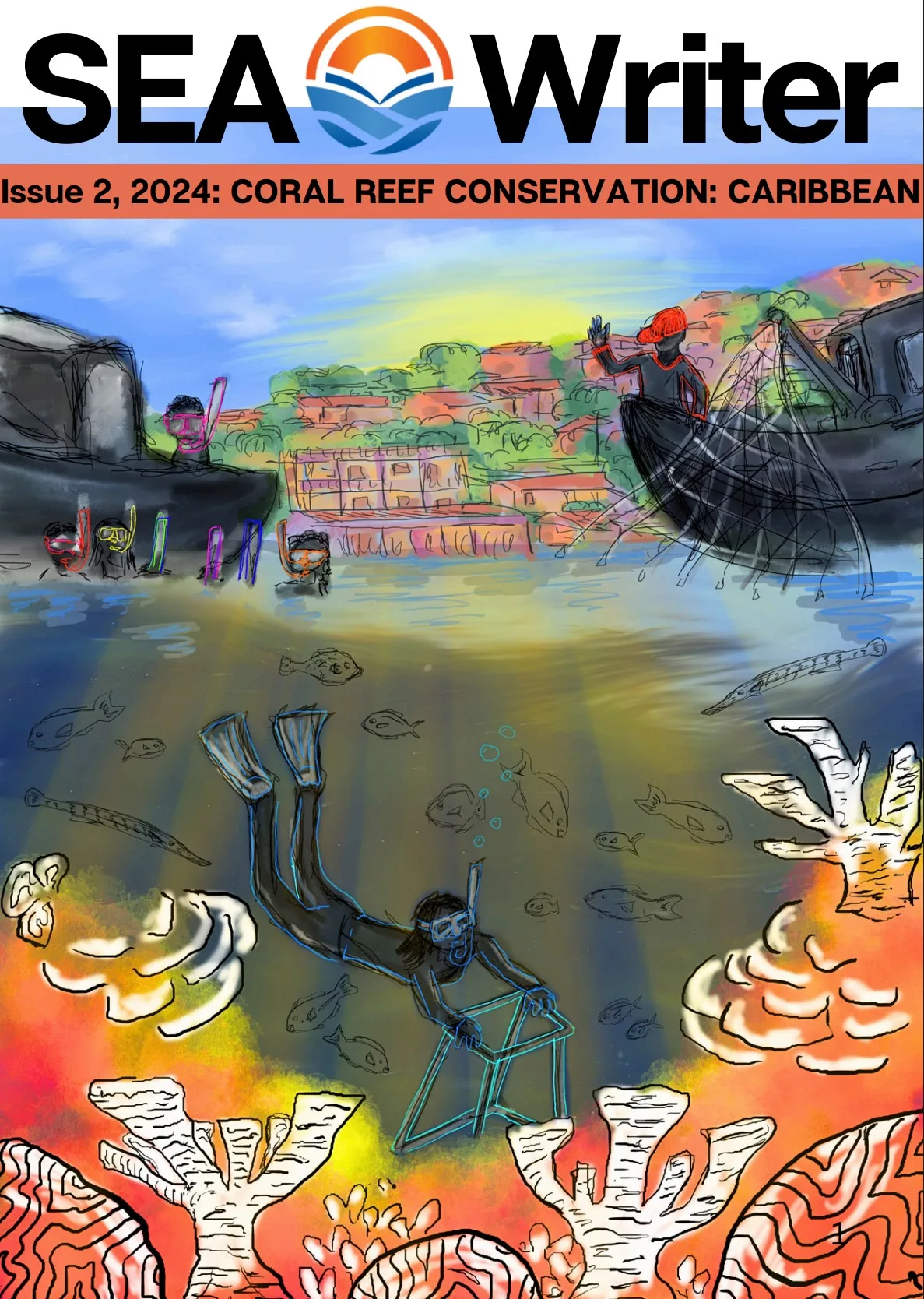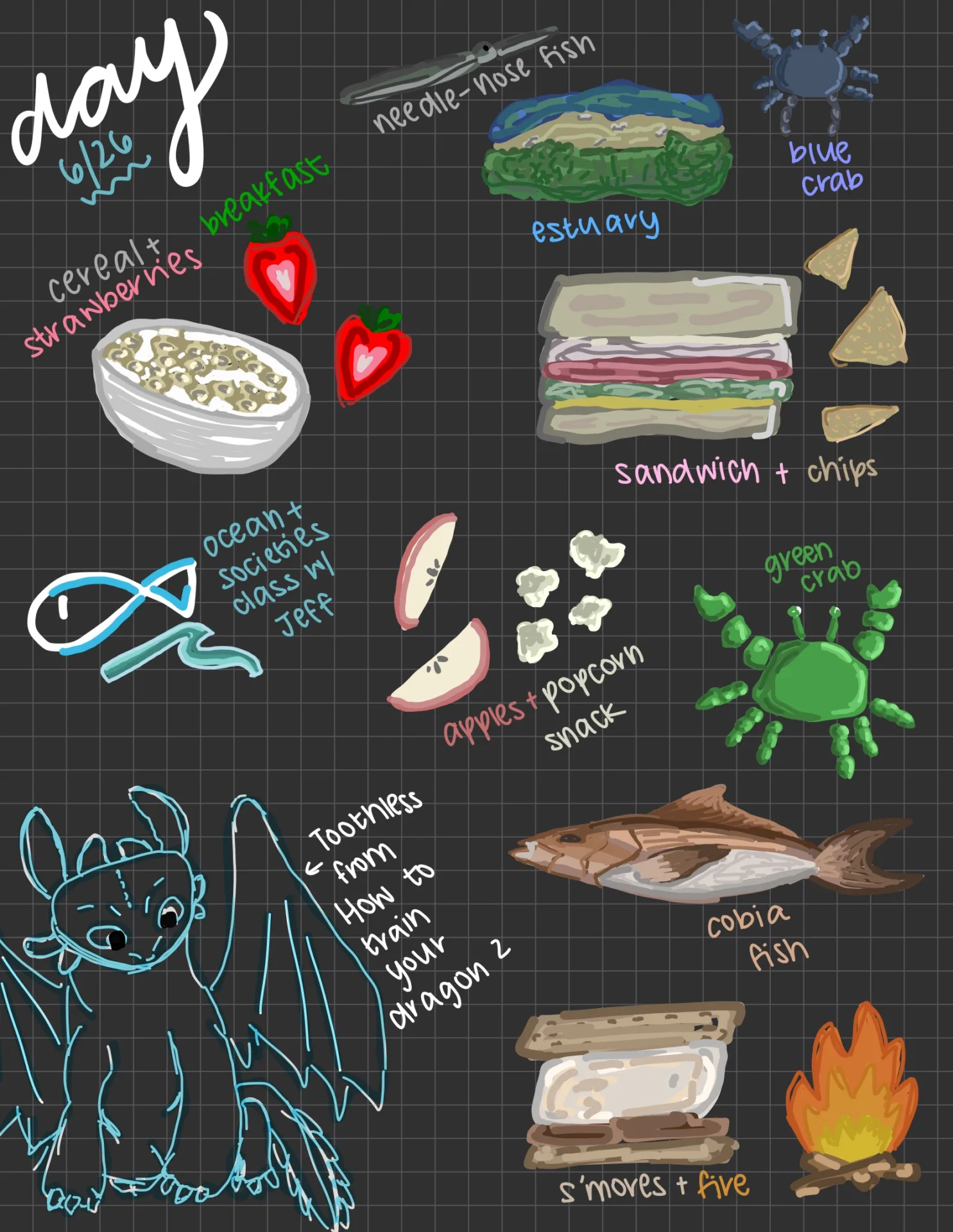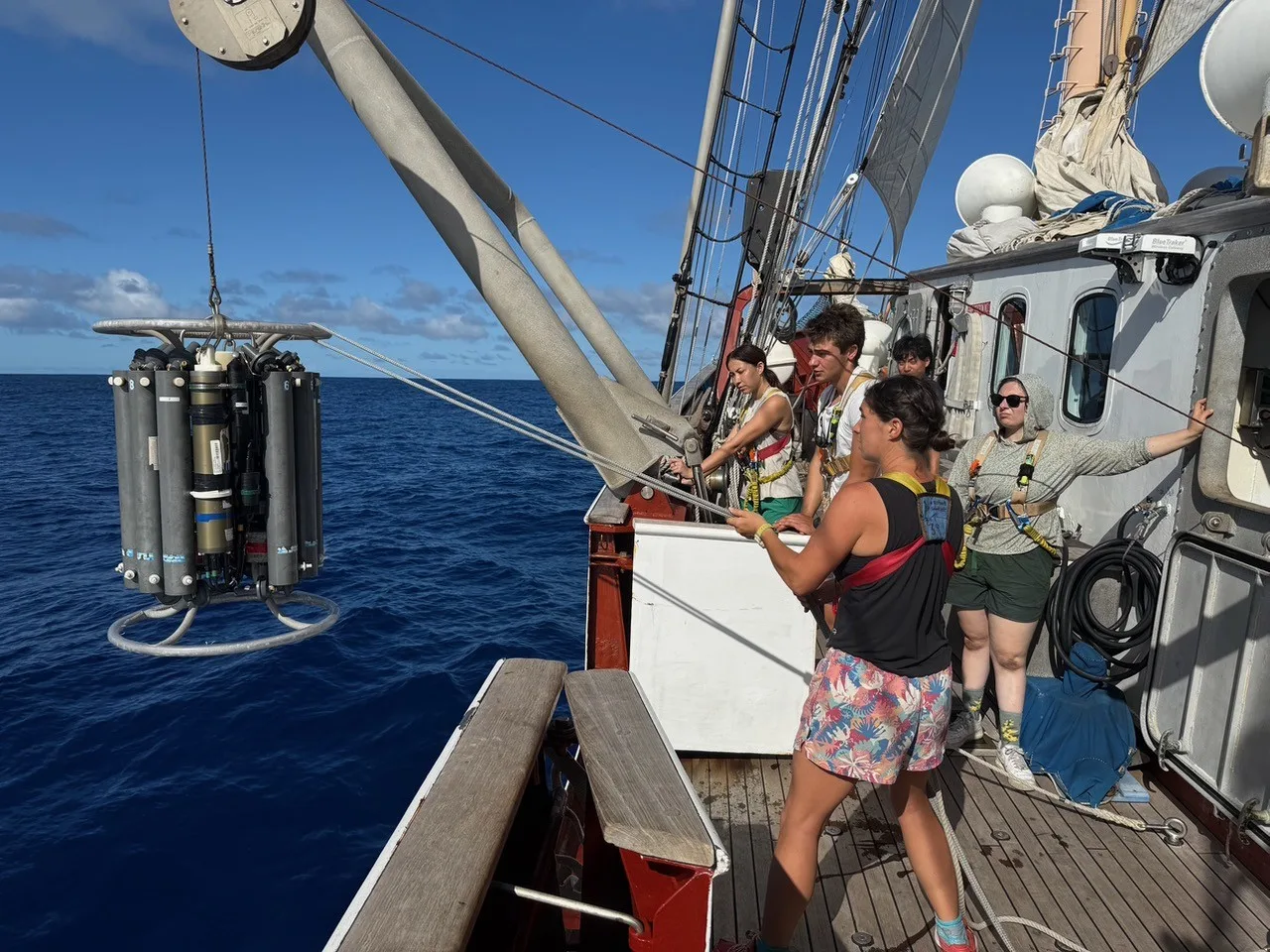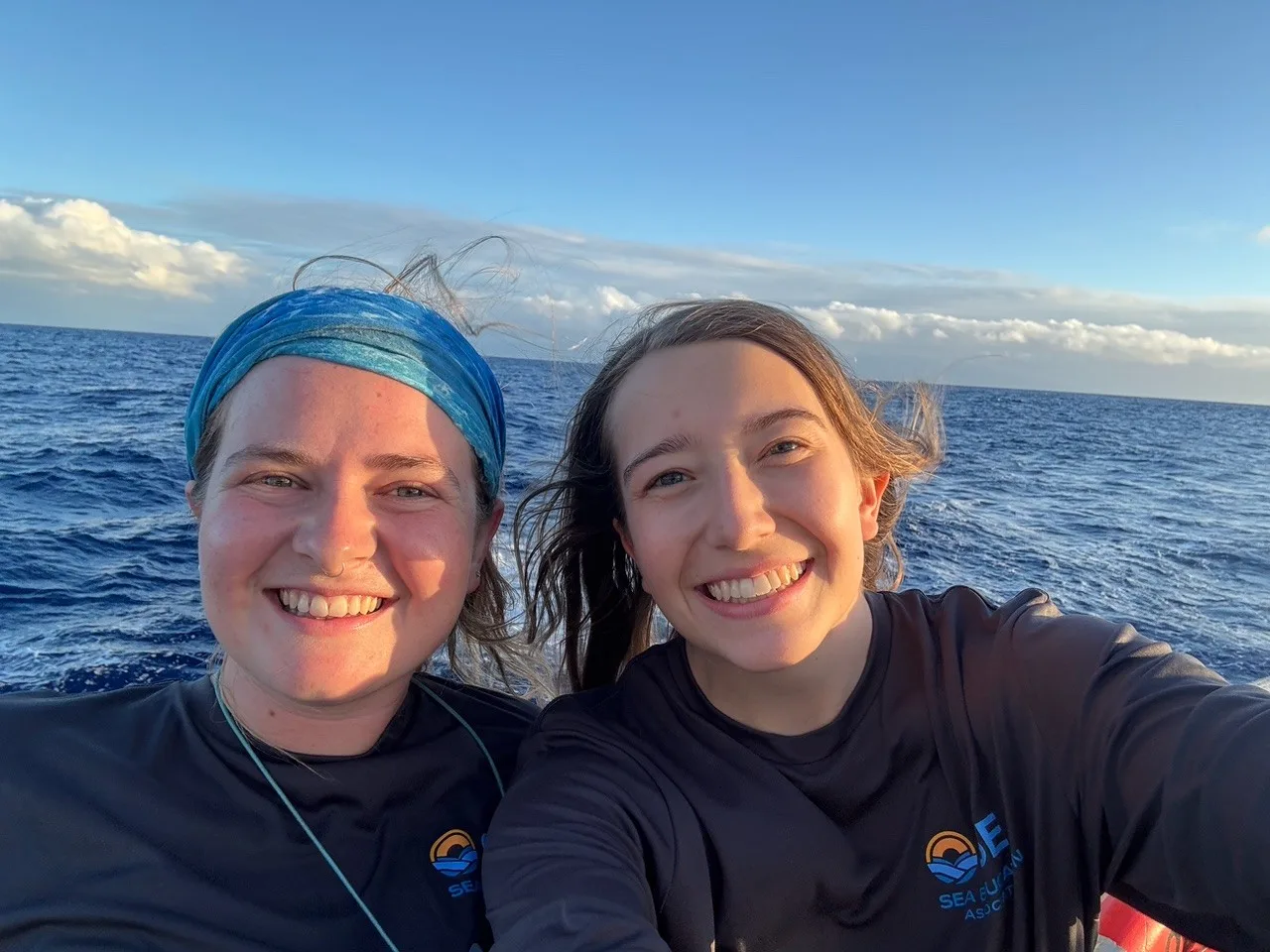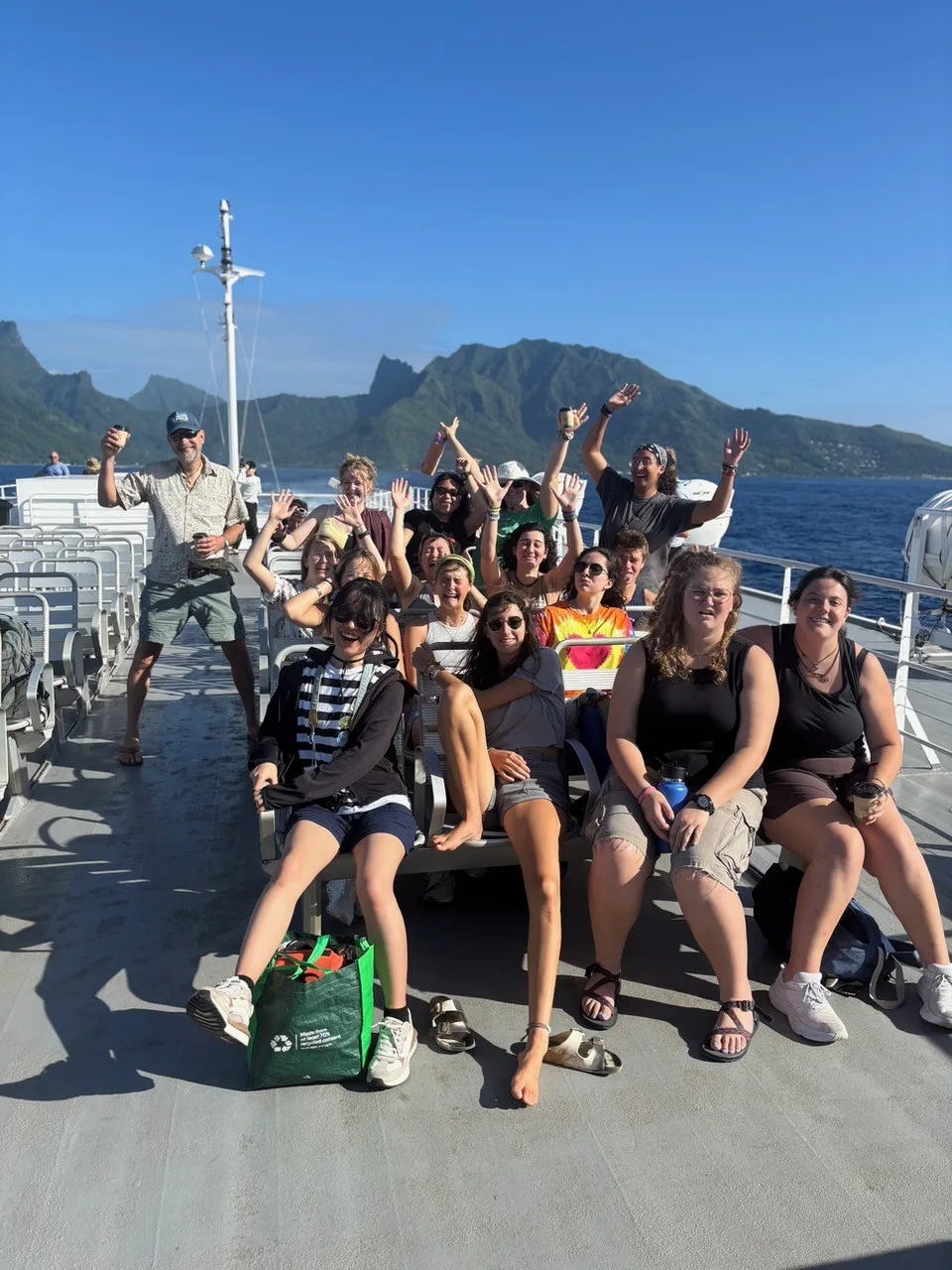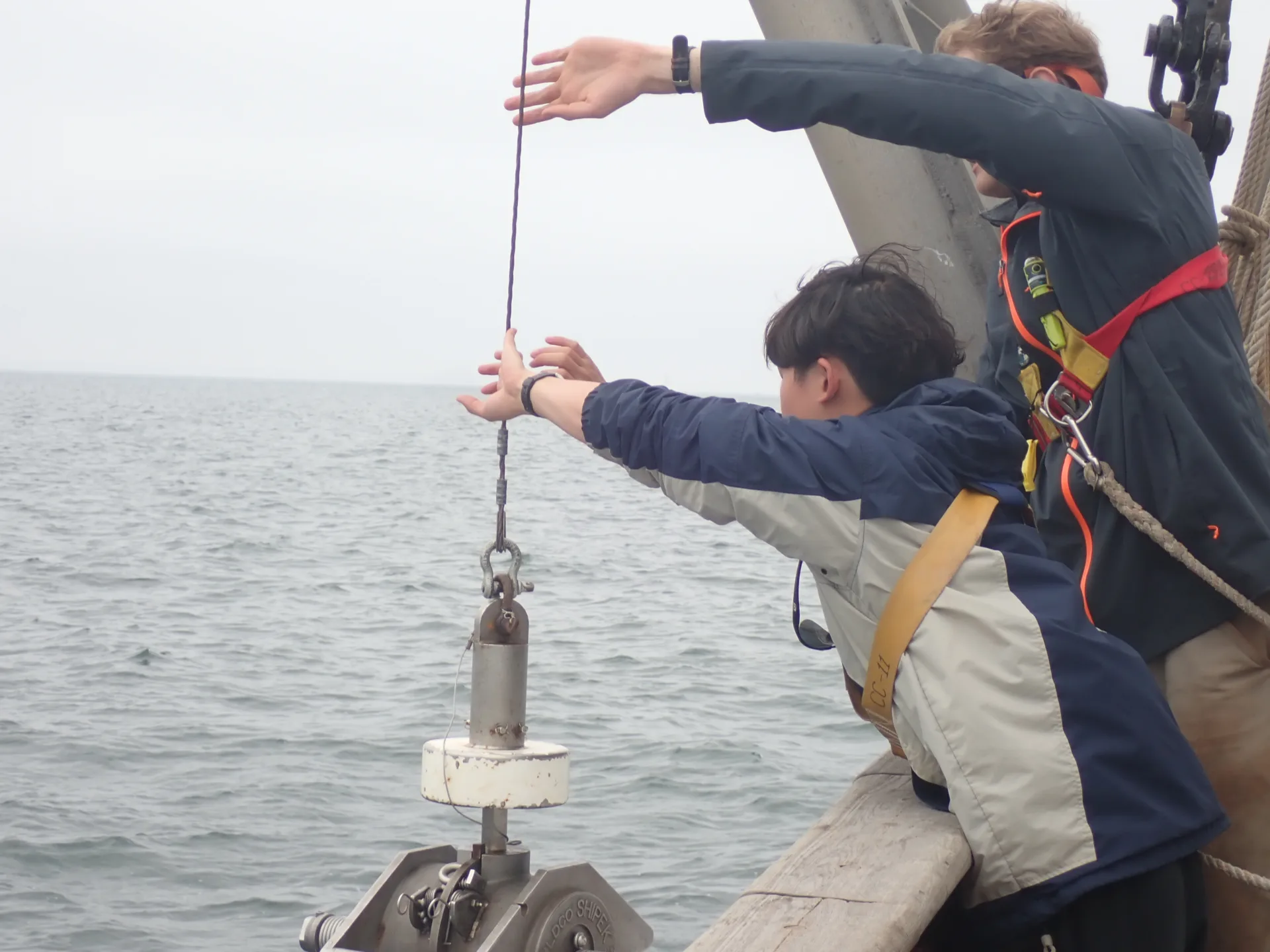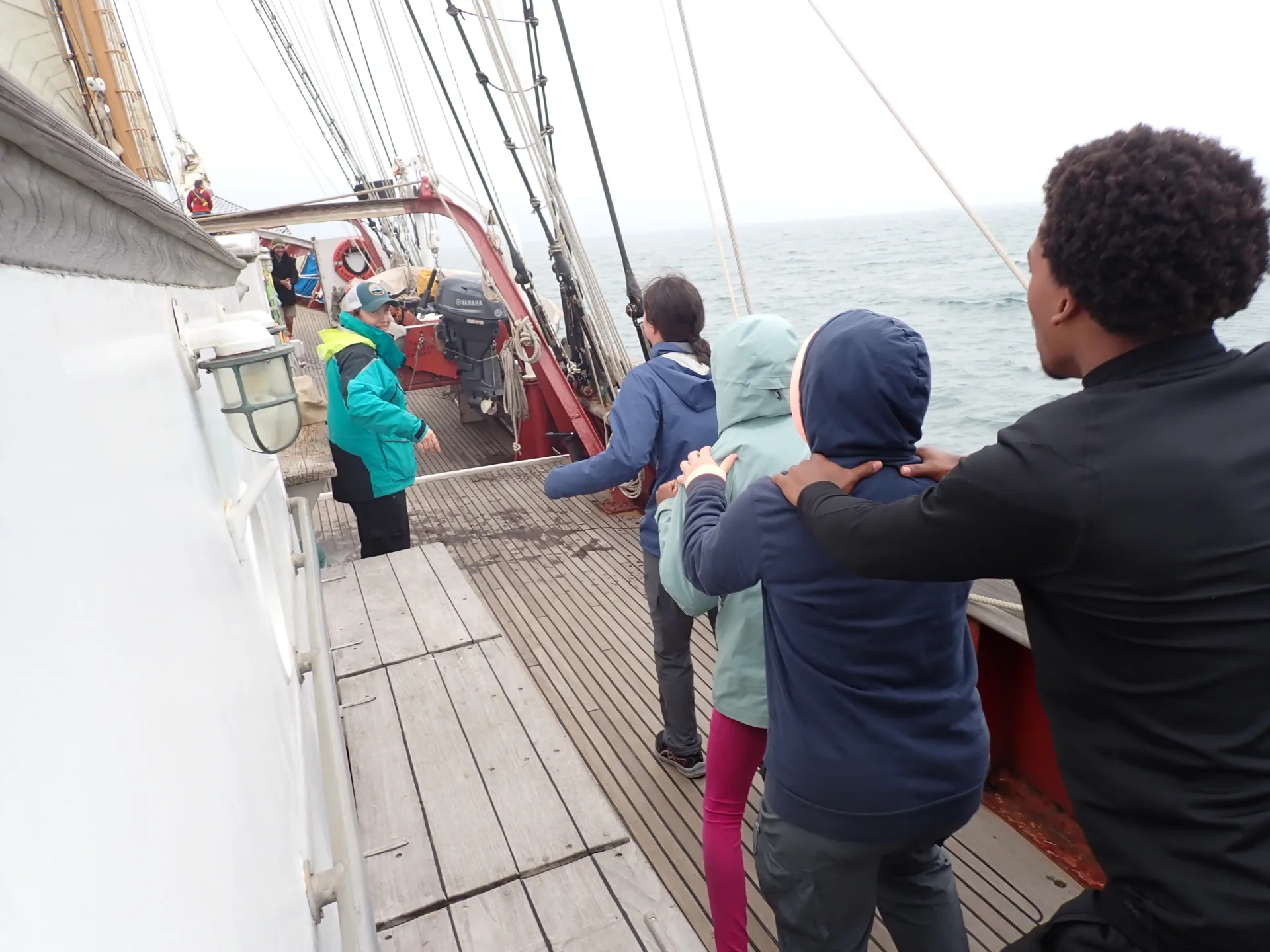News
STories at Sea
Type
PRograms
Welcome Aboard!
June 30, 2025
Launching Our Research Journey
June 29, 2025
Learning To Live The Slow Life At Sea
June 28, 2025
A Day on Martha’s Vineyard
June 28, 2025
Falmouth Finds and Friendly Competition
June 28, 2025
Birds, Books, and the Bobby C.
June 27, 2025
Our mission
June 14, 2025
Our First Day at Sea
June 13, 2025
Couldn’t Be Better
June 12, 2025
The Last Blog :(
June 10, 2025
We Learned All Those Lines!
June 09, 2025
Program Blogs
- Gap Year
- Ocean Exploration
- High School
- Science at SEA
- SEA Expedition
- SEAScape
- Pre-College
- Proctor Ocean Classroom
- Protecting the Phoenix Islands
- SPICE
- Stanford@SEA
- Undergraduate
- Climate and Society
- Climate Change and Coastal Resilience
- Coral Reef Conservation
- Marine Biodiversity and Conservation
- MBL
- Ocean Exploration: Plastics
- Ocean Policy: Marine Protected Areas
- Oceans and Climate
- Pacific Reef Expedition
- The Global Ocean: Hawai'i
- The Global Ocean: New Zealand
